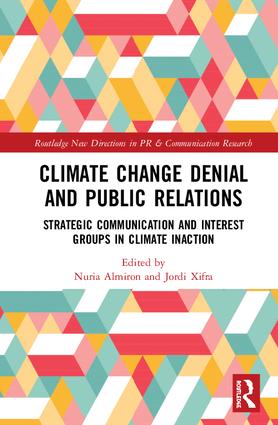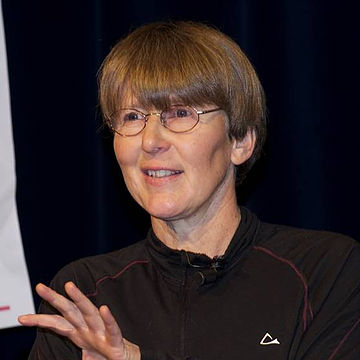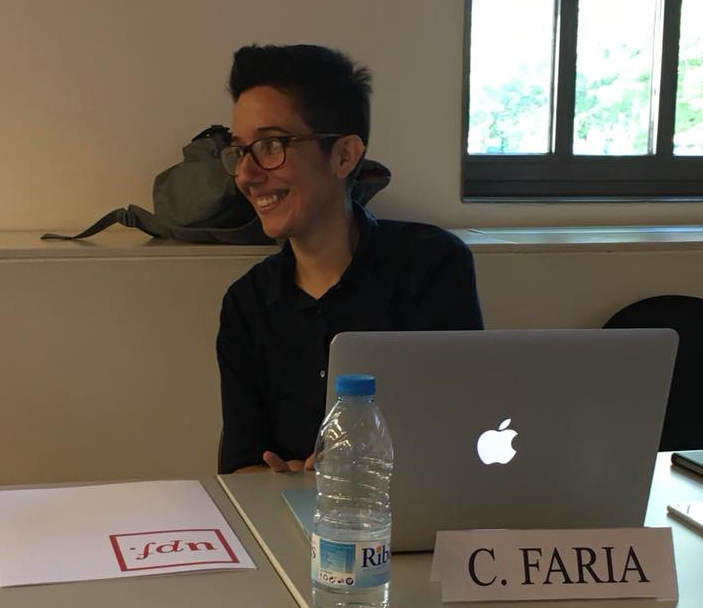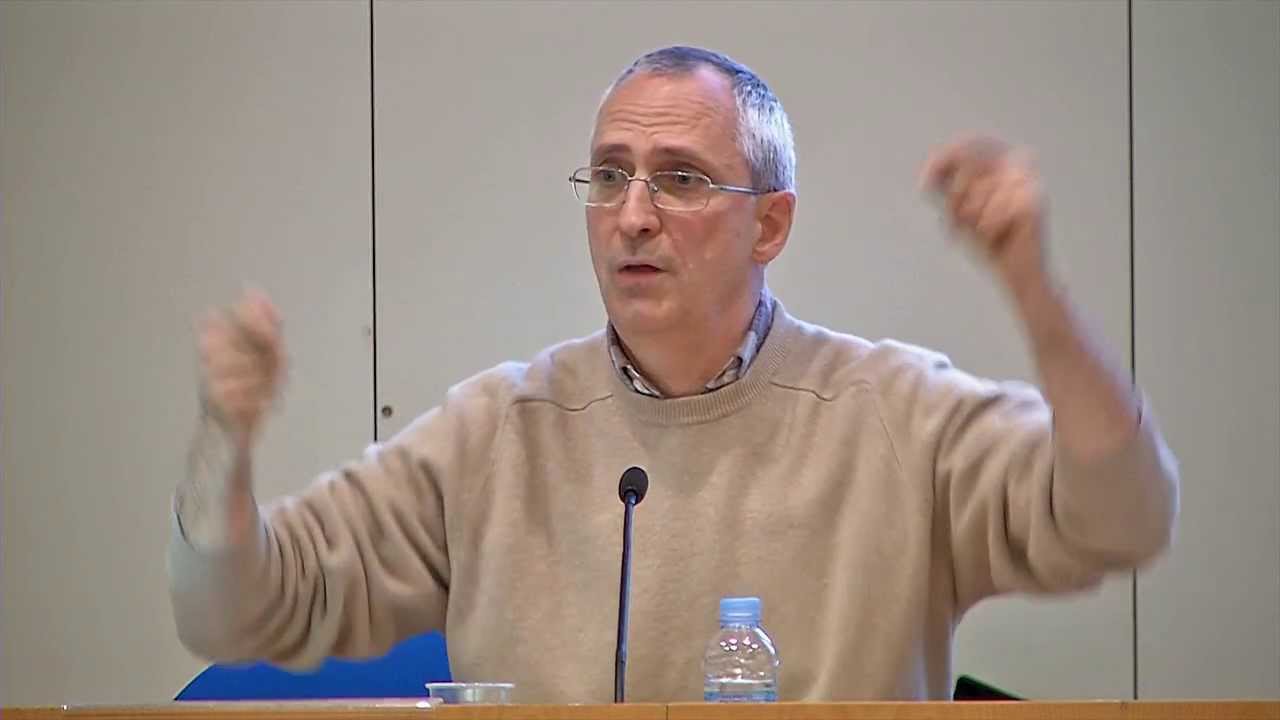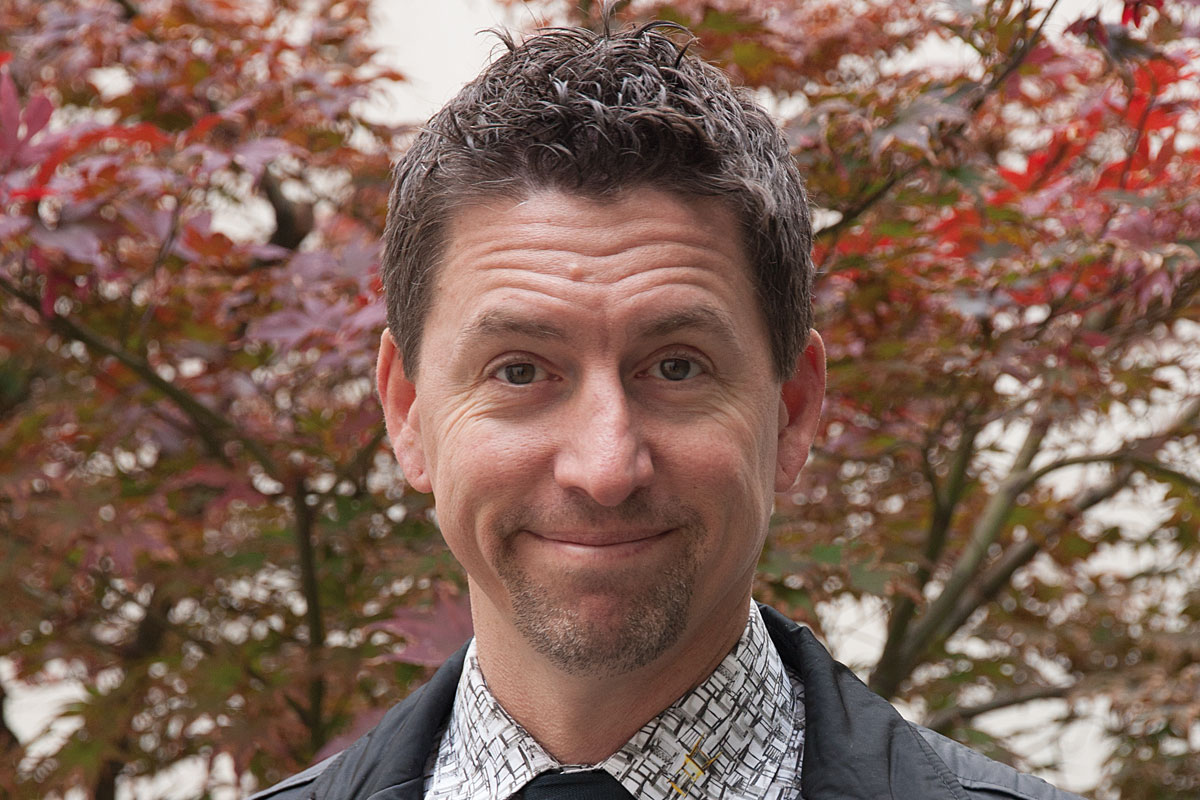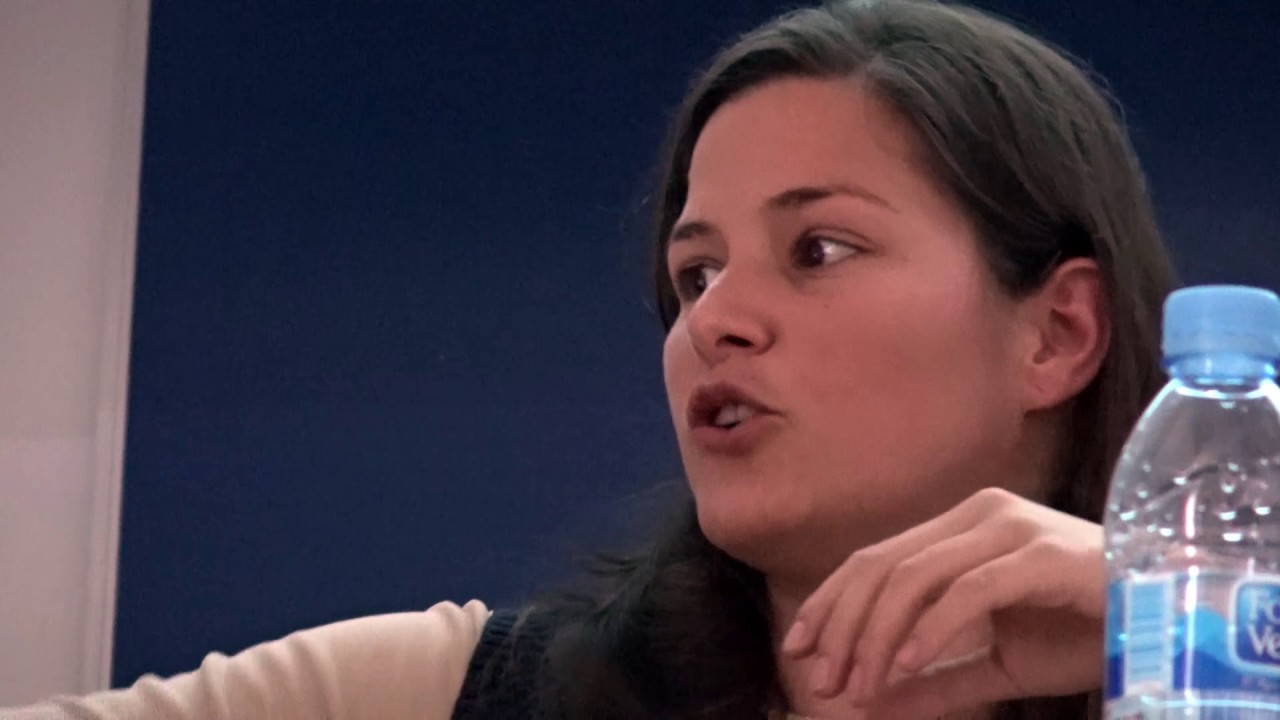2020 Routledge (book)
Climate Change Denial and Public Relations: Strategic Communication and Interest Groups in Climate Inaction is a critical approach to climate change denial from a strategic communication perspective. The book aims to provide an in-depth analysis of how strategic communication by interest groups is contributing to climate change inaction. It does this from a multidisciplinary perspective that expands the usual approach of climate change denialism and introduces a critical reflection on the roots of the problem, including the ethics of the denialist ideology and the rhetoric and role of climate change advocacy. Topics addressed include the power of persuasive narratives and discourses constructed to support climate inaction by lobbies and think tanks, the dominant human supremacist view and the patriarchal roots of denialists and advocates of climate change alike, the knowledge coalitions of the climate think tank networks, the denial strategies related to climate change of the nuclear, oil, and agrifood lobbies, the role of public relations firms, the anthropocentric roots of public relations, taboo topics such as human overpopulation and meat-eating, and the technological myth.
TABLE OF CONTENTS:
Introduction. Núria Almiron and Jordi Xifra
PART I: Ethics and Anthropocentrism in Climate Change Denial and Public Relations
1. Rethinking the Ethical Challenge in Climate Change Lobbying: A Discussion of Ideological Denial. Núria Almiron
2. The Anthropocentric Roots of Public Relations: A (Pre)historical Approach and Ontological Consideration. Jordi Xifra
3. An Ecofeminist Analysis of Worldviews and Climate Change Denial. Lisa Kemmerer
4. Why Environmentalism Cannot Beat Denialism: An Antispeciesist Approach to the Ethics of Climate Change. Catia Faria and Eze Paez
5. The Elephant in the Room: The Role of Interest Groups in Creating and Sustaining the Population Taboo. Karin Kuhlemann
PART II: Theorizing the Story Line of Climate Change Denial
6. Talking about Climate Change: The Power of Narratives. Miquel Rodrigo-Alsina
7. Climate Change Countermovement Organizations and Media Attention in the United States. Maxwell Boykoff and Justin Farrell
8. Think Tank Networks and the Knowledge-Interest Nexus: The Case of Climate Change. Dieter Plehwe
PART III: Lobbying for Denial in climate change
9. The Climate Smokescreen: The Public Relations Consultancies Working to Obstruct Greenhouse Gas Emissions Reductions in Europe – A Critical Approach. Lucy Michaels and Katharina Ainger
10. "Cowgate": Meat Eating and Climate Change Denial. Vasile Stanescu
11. "This Nagging Worry About the Carbon Dioxide Issue": Nuclear Denial and the Nuclear Renaissance Campaign. Núria Almiron, Natalia Khozyainova, and Lluís Freixes
PART IV: Advocating Against Climate Change Denial
12. Fighting Climate Change Denial in the United States. Luis E. Hestres
13. A Wicked Systems Approach to Climate Change Advocacy. Ana Fernández-Aballí
REVIEWS:
"Within books on climate change and environmental communication, Climate Change Denial and Public Relations is distinct in its interrogation of industry and government communication tactics that undermine the socio-political actions needed to reverse this climate crisis. The authors take an enlightened and inclusive approach by including free-living animals among the vulnerable stakeholders who deserve consideration and reparation for human-caused global warming."
Carrie P. Freeman, Assistant Professor of Communication, Georgia State University, USA
"Climate change denial has long been a barrier to effective carbon reduction policies, and the nature and sources of the 'denial machine' are receiving increasing attention. This important volume adds to our knowledge by exploring the ideologies and worldviews underlying denial, and particularly the agents responsible for formulating and communicating denial narratives. It is a strong addition to the literature."
Riley E. Dunlap, Regents Professor and Dresser Professor Emeritus, Oklahoma State University, USA
